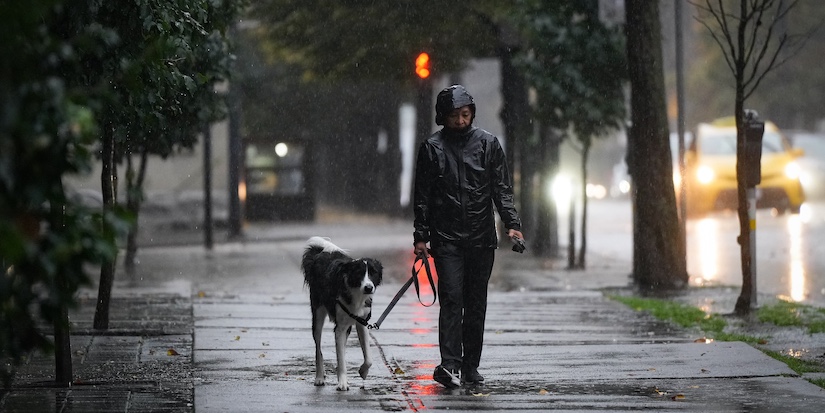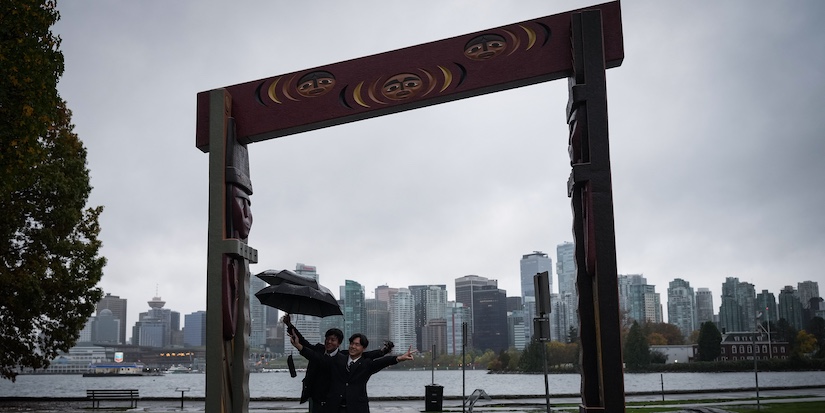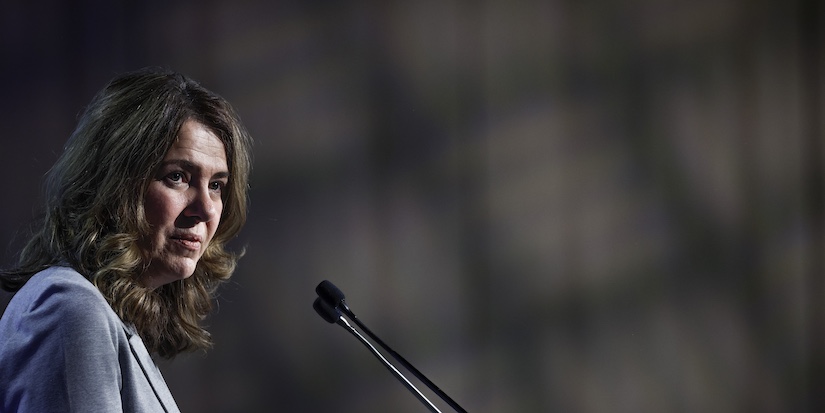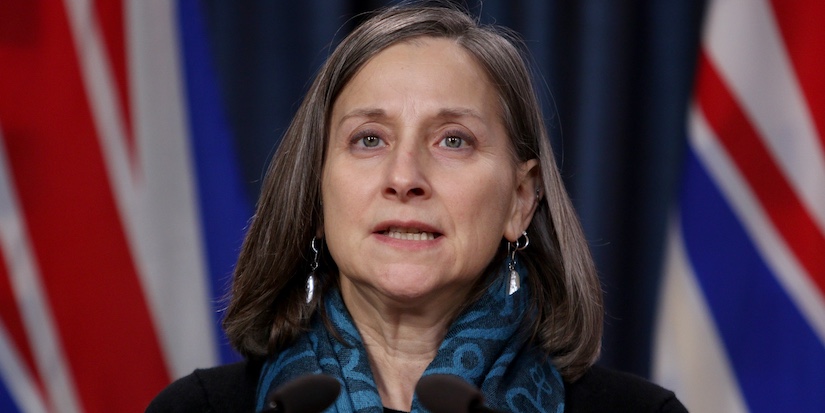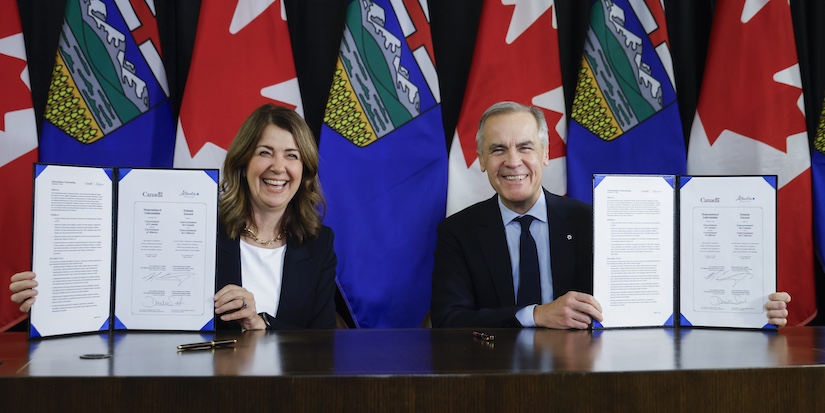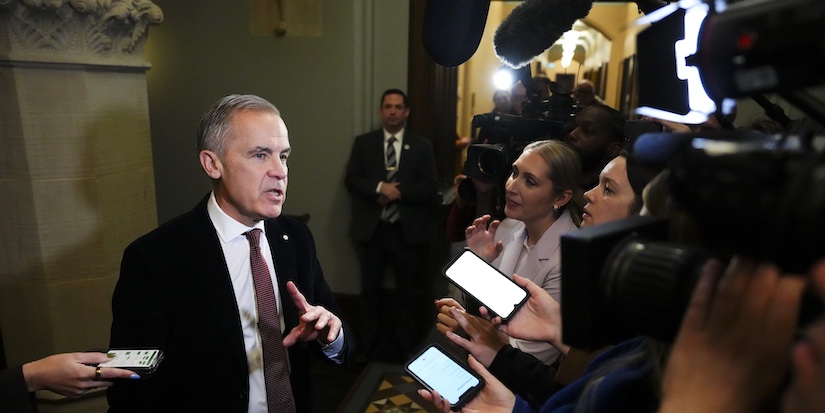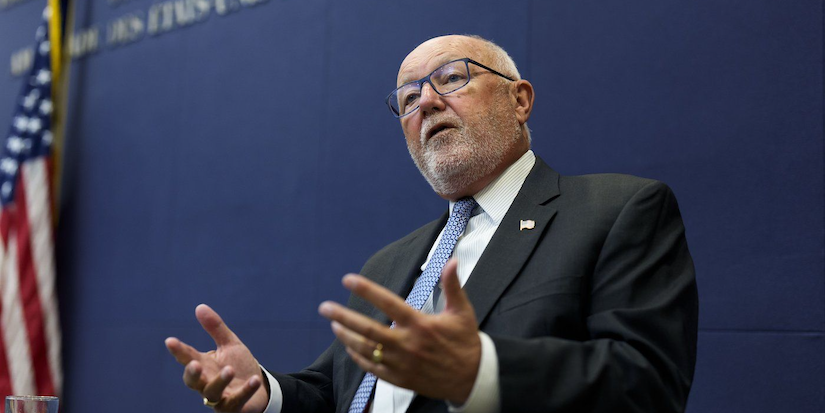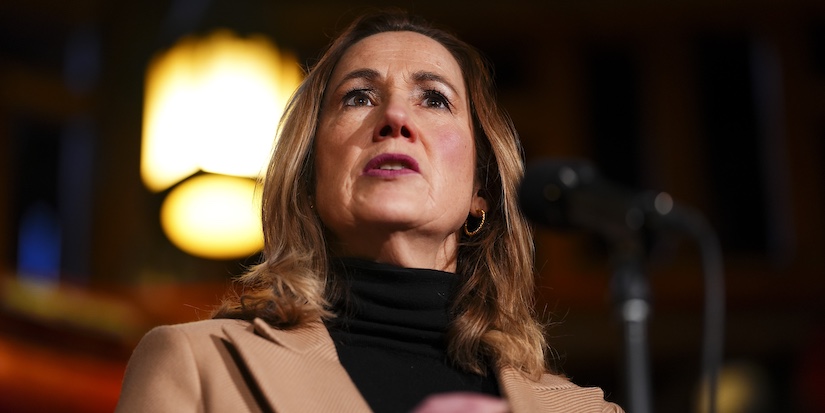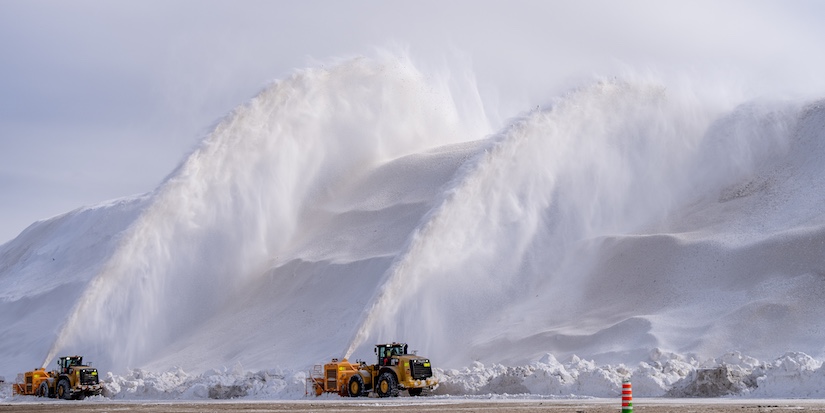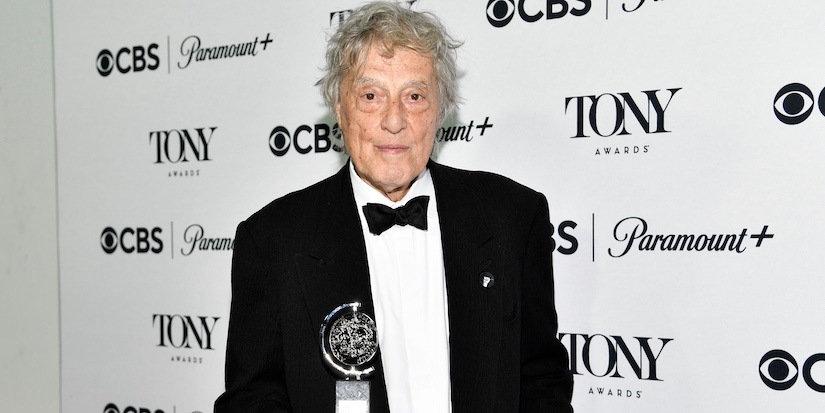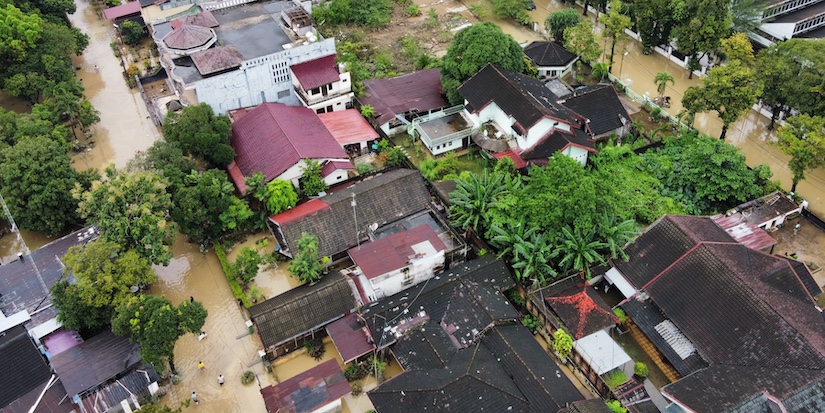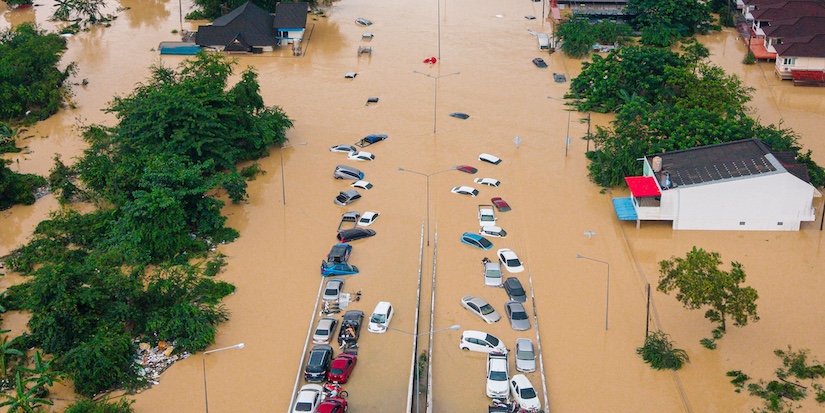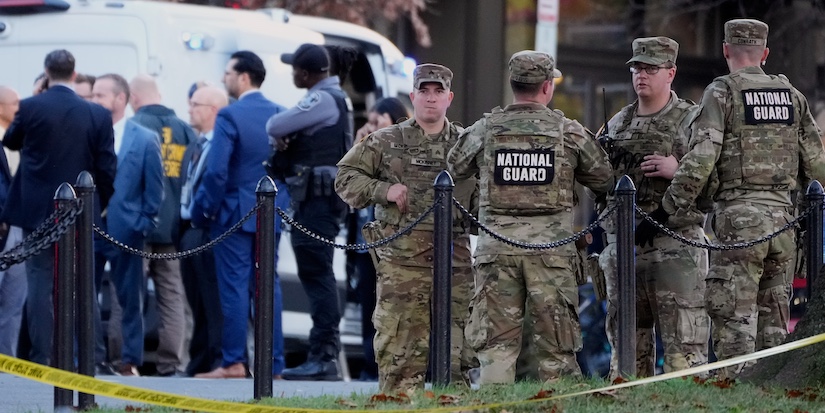Latest News
51st celebration of BC Day

Published 11:26 PDT, Fri August 1, 2025
—
As the first Monday of August rolls around, British Columbians across the province prepare to celebrate BC Day Aug. 4, 2025, a stat holiday dedicated to honouring the rich history, diverse culture, and pioneering spirit that defines our stunning western province. More than just a long weekend, BC Day offers a chance to reflect on the remarkable journey that has shaped British Columbia into the vibrant place it is today.
The origins of BC Day trace back to 1974 when Surrey MLA Ernie Hall proposed a provincial holiday to recognize the contributions of those who built British Columbia. The idea was warmly received, and the British Columbia Day Act was passed, officially establishing the holiday. This timing also aligns with the historic declaration of the Crown Colony of British Columbia by the Westminster Parliament on Aug. 2, 1858.
Before the arrival of European explorers, the lands now known as British Columbia were home to a multitude of Indigenous peoples, whose presence dates back tens of thousands of years. The First Nations, with their rich and varied cultures, languages, and traditions, thrived on the abundant natural resources of the region. Their deep connection to the land and sophisticated societal structures laid the foundation for the province's earliest communities. Many Indigenous names for towns, cities, rivers, and mountains endure to this day, serving as a constant reminder of BC’s heritage.
European contact began in the mid-18th century, with Spanish explorers like Juan Pérez and Bodega y Quadra making documented voyages along the coast. In 1778, Captain James Cook arrived at Nootka Sound on Vancouver Island, initiating trade relations with the Nuu-chah-nulth tribe and paving the way for British claims in the region. The Hudson's Bay Company further solidified British presence in the 19th century by establishing fur trading posts.
However, it was the allure of gold that truly transformed British Columbia. The Fraser Canyon Gold Rush in 1858 and the subsequent Cariboo Gold Rush in 1862 brought tens of thousands of prospectors and settlers, leading to a dramatic population boom and the formal establishment of the Colony of British Columbia. This period was marked by rapid development, challenging journeys, and the forging of new communities.
In 1871, British Columbia joined the Canadian Confederation, a crucial step that led to the promise of a transcontinental railway. The completion of the Canadian Pacific Railway in 1885, a monumental feat of engineering often carried out by Chinese and Japanese labourers in treacherous terrain, finally connected British Columbia to Eastern Canada, facilitating trade, settlement, and further growth.
Today, British Columbia stands as a testament to this diverse and dynamic history. It boasts an unparalleled natural landscape, from the rugged Pacific coastline with its thousands of islands to the majestic peaks of the Rocky Mountains, lush temperate rainforests like the Great Bear, and even some interior plateaus. This geographical diversity is matched by its cultural mosaic, Indigenous influences, British colonial past, and new waves of immigration from around the world.
Fun facts about British Columbia:
Vancouver Island is the largest island on the west coast of North America, almost half the size of Ireland.
The Great Bear Rainforest is the largest coastal temperate rainforest in the world and the only place on the planet where you can find the Kermode (Spirit) bear, a subspecies of black bear with white fur.
Victoria holds the title of "Cycling Capital of Canada," with more cyclists per capita than any other city in the country.
In 1947, a group of 200 kids in British Columbia famously marched and protested on the capital building after the price of a chocolate bar increased from 5 cents to 8 cents, reportedly shutting down the government for a day.
British Columbia is home to the world's largest hockey stick (Duncan), the world's largest fly-fishing rod (Houston), and the world's largest tin soldier (New Westminster).
BC has 40 thousand islands.
BC has the largest proportions of Asians per capita of any North American province/state.
Facts about Richmond, British Columbia:
Boasts a rich history deeply intertwined with its geography as a collection of islands in the Fraser River delta. For millennia, the area was home to the Coast Salish people, who utilized its abundant resources for fishing and natural resources. European settlement began in the mid-19th century, with the first farms established in the 1860s. The fertile delta lands were ideal for agriculture, particularly cranberries and dairy, attracting a diverse population of settlers. The fishing industry also boomed with canneries dotting the waterfront, processing the salmon from the Fraser.
The late 19th and early 20th centuries saw the development of vital infrastructure, including dykes to protect against flooding and a railway system connecting Richmond to Vancouver. Steveston, originally a cannery town, emerged as a bustling port and remains a vibrant historic village today. Post-World War II, Richmond experienced significant growth, transforming from a predominantly rural community into a thriving suburban city, fueled by immigration and its strategic location near YVR. This expansion has led to a dynamic multicultural city that still honors its agricultural and fishing roots while embracing modern development.
As residents gather for community festivals, outdoor adventures, or quiet reflection with family and friends, BC Day serves as a powerful reminder of the province's incredible journey. It's a day to appreciate the pioneering spirit that built this land, the diverse cultures that enrich it, and the breathtaking natural beauty that continues to inspire. Happy BC Day!













